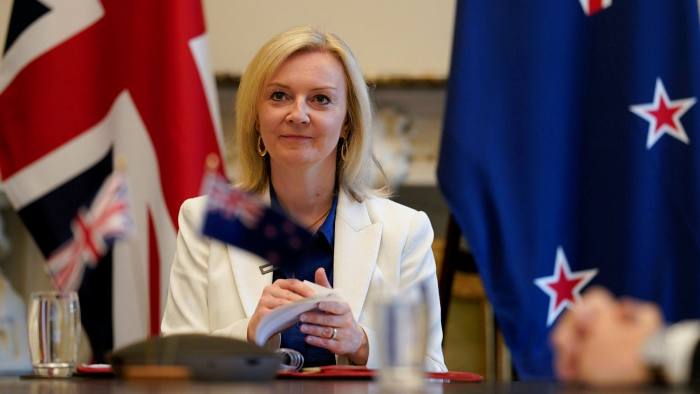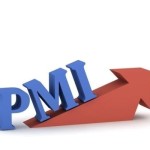Total number of posts 463.
 The UK has brokered a trade agreement with New Zealand that will cut tariffs on clothing, buses and wine, and, it hopes, lay a foundation for joining a trans-Pacific economic bloc of 11 countries. The deal, which was agreed in principle on Wednesday after 16 months of negotiations, will also see British professional qualifications recognised in New Zealand. As with the UK-Australia deal struck this summer, it will open up the UK’s agriculture markets. Tariffs up to 10 per cent on cars, buses and textiles will be removed and 5 per cent tariffs on metal will also be cut.
The UK has brokered a trade agreement with New Zealand that will cut tariffs on clothing, buses and wine, and, it hopes, lay a foundation for joining a trans-Pacific economic bloc of 11 countries. The deal, which was agreed in principle on Wednesday after 16 months of negotiations, will also see British professional qualifications recognised in New Zealand. As with the UK-Australia deal struck this summer, it will open up the UK’s agriculture markets. Tariffs up to 10 per cent on cars, buses and textiles will be removed and 5 per cent tariffs on metal will also be cut.
The agreement’s full legal text has yet to be finalised and this process can take months: the Australia deal, which was approved in principle in June, has yet to be signed. The Department for International Trade said the UK-New Zealand deal would “pave the way” for the UK to join the Comprehensive and Progressive Agreement for Trans-Pacific Partnership (CPTPP), the trade group of 11 nations that includes both Australia and New Zealand. Ministers in London are hopeful to conclude negotiations to join CPTPP by the end of 2022.
Liz Truss, foreign secretary, told the Financial Times that the group could also be a stepping stone to improving trade relations with the US, a long-term ambition of the Johnson government. But the New Zealand deal is expected to have almost no impact on the UK’s gross domestic product. According to the Department for International Trade’s internal assessment, the deal at most would boost the economy by 0.01 per cent. In another scenario, it would make the country poorer by 0.01 per cent. Sam Lowe, senior research fellow at the Centre for European Reform, said the deal should be judged on its strategic aims. “The benefits of this deal are less about the economics, which are negligible and more about the signal it sends about the UK’s intentions in the region, and as a stepping stone towards a big push for CPTPP accession next year.”
UK prime minister Boris Johnson said the agreement would drive “green growth” and strengthen the UK’s Indo-Pacific relations. “It will benefit businesses and consumers across the country, cutting costs for exporters and opening up access for our workers,” he said.
Jacinda Ardern, New Zealand prime minister, added: “This world-leading free trade agreement lays the foundations for even stronger connections as both countries embark on a new phase in our relationship. It is good for our economies, our businesses and our people.” The deal was welcomed by business groups. Mike Cherry, chair of the Federation of Small Businesses, noted the dedicated chapter for smaller businesses. “New Zealand has long been a priority market for the UK’s small exporters — more than a quarter of which already sell there — and we welcome efforts to build on existing trade ties that go back many decades.” Dominic Goudie of the Food and Drink Federation said the UK’s food and drink manufacturers would benefit from being “more competitive” in New Zealand. “Our manufacturers will benefit from an ambitious trade deal with New Zealand that removes a range of tariffs that currently constrain exports.” But the agreement was criticised by the UK’s opposition Labour party. Emily Thornberry, the shadow international trade secretary, said the agreement would cut employment in Britain’s agriculture sector. “It is a deal whose only major winners are the mega-corporations who run New Zealand’s meat and dairy farms, all at the expense of British farmers who are already struggling to compete. But for British jobs, growth and exports, this deal is yet another massive failure,” she said.
Source: Financial Times














